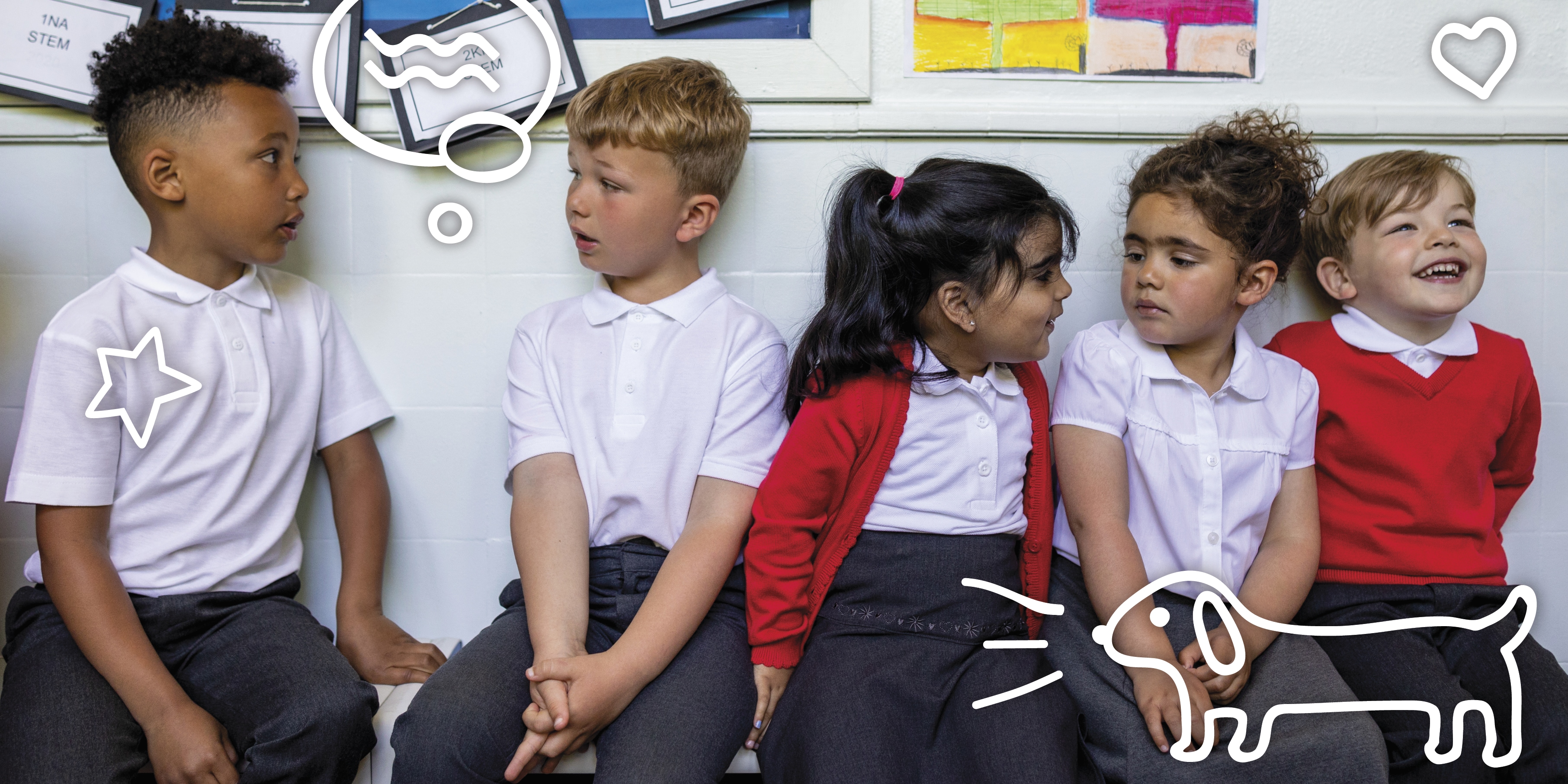“There has never been a stronger reason than all the things that are happening, to try and show students that they are members of a global society.”
Bennie Kara, Author and Deputy Headteacher
Consider the value of global connections and understanding in 2023; the power of communication as we navigate life post-pandemic, including the climate crisis; the huge importance of empathy, as issues like the rising cost of living, and the conflict in Ukraine continue to make their impact on young lives. With a diverse English curriculum helping to shape learners’ views and skillsets, schools can develop tolerance and sustainable thinking for new generations – something we need now more than ever before.
